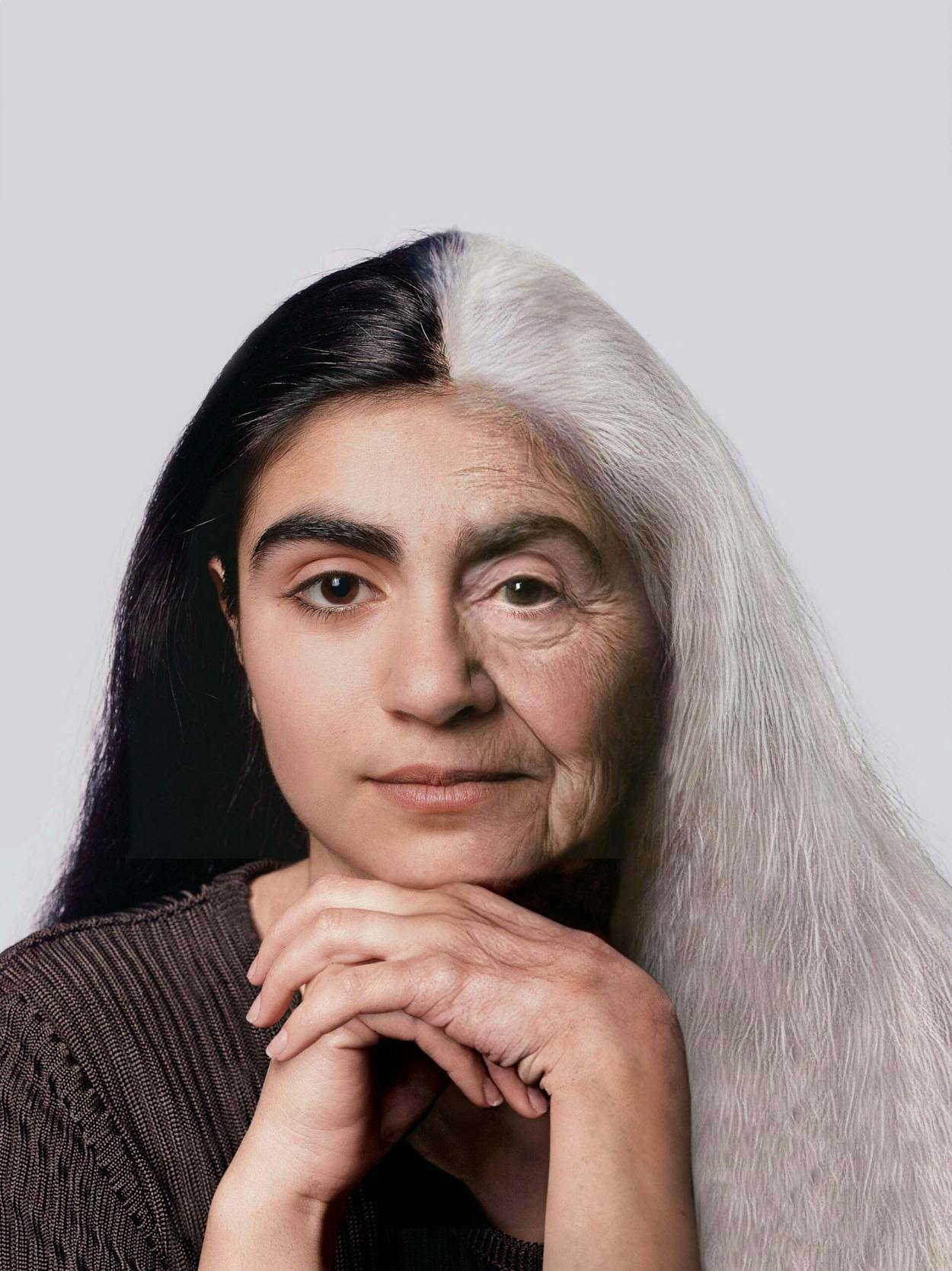What if instead of 80-year-old lungs, you could have 40-year-old lungs? Or younger versions of your own cells? Or age without frailty or dementia?
What if, rather than seeking a mythical fountain of youth, scientists could unlock the body’s secrets to aging with fewer illnesses and less inflammation? In other words, what if they could find viable ways to not live longer, but healthier?
At Texas Biomedical Research Institute (Texas Biomed), aging research goes hand-in-hand with its core mission: studying infectious diseases. Growing older makes people more vulnerable to infections. COVID-19 is a vivid example. Elderly populations were hit hard by the novel virus, while the majority of children and young adults were either asymptomatic or had relatively mild symptoms.
The combination of expertise and resources located on Texas Biomed’s campus to study these complex issues is profoundly unique. The 80-year-old Institute in San Antonio is led by experts in lung immunology, genetics, infection, respiratory illnesses and aging. It is the only independent, nonprofit, infectious disease research center to combine high-level biocontainment labs with a national primate research center and decades of experience in regulated biomedical science, which is required by the FDA for most drugs and vaccines.
Texas Biomed scientists are focused on improving healthspan – the number of years one can live relatively free from disease. This is increasingly important as more people around the world live into old age. According to the World Health Organization, the global population of people aged 60 years and older is approximately 1 billion and is projected to double by 2050. In the same timeframe, the number of people 80 years and older is expected to triple to reach 426 million.
“We are not trying to prolong life,” says Texas Biomed Professor Jordi B. Torrelles, PhD. “But for the years we are going to live, at least we are as healthy as possible. This is the mission.”
The Role of Inflammation in Aging
When the immune system reacts to an illness, there is a fine line between mounting enough of a response to clear the illness and going into such overdrive that it causes damage throughout the body. Texas Biomed President/CEO Larry Schlesinger, MD, is especially interested in the interplay between the immune system, inflammation and aging.
“Aging is not just everything in our body slowing down and dying, but in fact, it creates a unique baseline of inflammation that influences our ability to properly respond to infection, cancer and other insults,” Dr. Schlesinger said.
He and his lab study a particular immune cell called alveolar macrophages, which are present in the lining of the lung’s air sacs where air exchange occurs. They gobble up any particles that get past the nose and throat and into the deep lung, keeping the lungs healthy.
The lab is working on understanding what’s at play when these specialized immune cells become more inflammatory and less effective, which increases the susceptibility to infection. As part of this work, Dr. Schlesinger and his team have developed an innovative method to generate alveolar macrophages in a petri dish using cells from a simple blood draw. This new tool, now available to researchers around the world, is helping accelerate discoveries and screen potential therapies that target the lung.
And that’s just one example of a host of projects around aging research at Texas Biomed. Dr. Torreles’ lab is studying how pollution byproducts build up in the lungs and make it harder for the body to mount immune responses to fight disease.
Dr. Joanne Turner, Executive Vice President for Research at the Institute, is looking at ways to reinvigorate the aging lung environment by focusing on the powerhouse of the cell, mitochondria. She and a postdoctoral researcher put mitochondria from younger mice into older mice, specifically into a type of immune cell called T cells. Their studies showed that the elderly mice were able to fend off TB and flu just as well as younger mice, and far better than elderly mice with elderly mitochondria.
Turner notes that the field of aging research is incredibly complex and rich for the innovative research happening at Texas Biomed. But the rewards are worth it, especially since growing older is one condition that affects us all.




